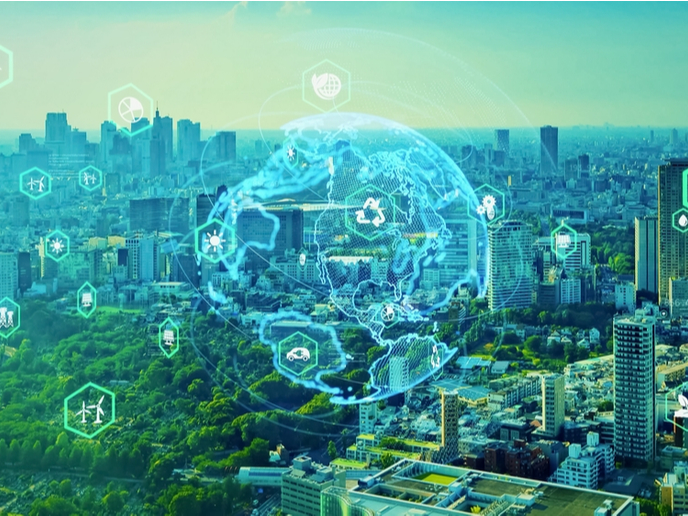Catching up with SMARTEES: Getting closer to sustainably producing, managing and consuming energy
The last time we spoke with Christian A. Klöckner, coordinator of the SMARTEES (Social innovation Modelling Approaches to Realizing Transition to Energy Efficiency and Sustainability) project, the consortium was getting ready to gather all research on policy measures and social innovations from 10 cities and islands in Denmark, the Netherlands, Romania, Spain, Sweden, Switzerland and the United Kingdom. Indeed, the findings helped launch the so-called Policy Sandbox, an innovative online tool that enables decision-makers to get inspired by and learn key factors to consider when planning sustainable energy and mobility transitions. Looking back on the project that ended in October 2021, Klöckner focuses on the major achievements. The partners found a methodology to integrate qualitative and quantitative behavioural science in the energy transition with the work done on social simulations. “This in and of itself is for me a big breakthrough, as the simulation models we developed are based on much more elaborate behaviour science-informed mechanisms than most previous simulation models in this domain,” he explains. Policymakers have found the simulation models they developed useful. “In Aberdeen and Barcelona, for example, the local policymakers actively engaged in developing the policy scenarios simulated in their models and used the outputs for their strategic planning,” Klöckner states. The project has helped shed new light on how social innovations develop and their effects on local populations, including vulnerable groups. “In my view, this is essential information for driving transitions forward that are necessary and to come closer to the goal of leaving no one behind,” Klöckner adds. The work started in SMARTEES has carried over to several projects funded nationally and internationally. For example, Klöckner collaborates on BEHAVIOUR, a project funded by the Norwegian Research Council. They are integrating social simulations of energy-related behaviours into energy system models. SMARTEES also caught the Research Council of Lithuania’s attention because of its unusual combination of social science and social simulation research. Klöckner was asked to provide guidance on how to integrate social sciences and humanities in interdisciplinary research. “Receiving EU funding was absolutely essential, as this size of a project with such a trans-European focus would have been impossible to realise with national funding only,” Klöckner concludes.
Keywords
SMARTEES, social innovation, energy, mobility, policy



